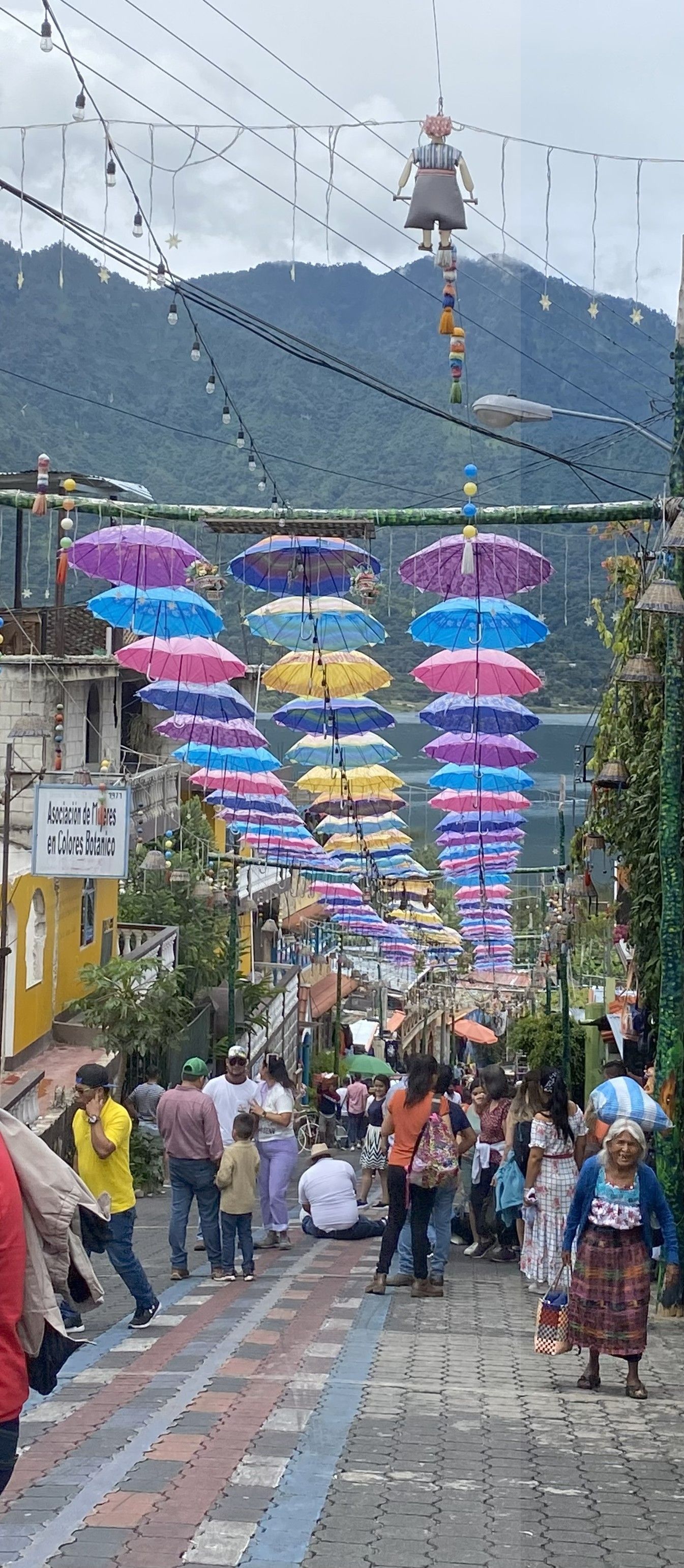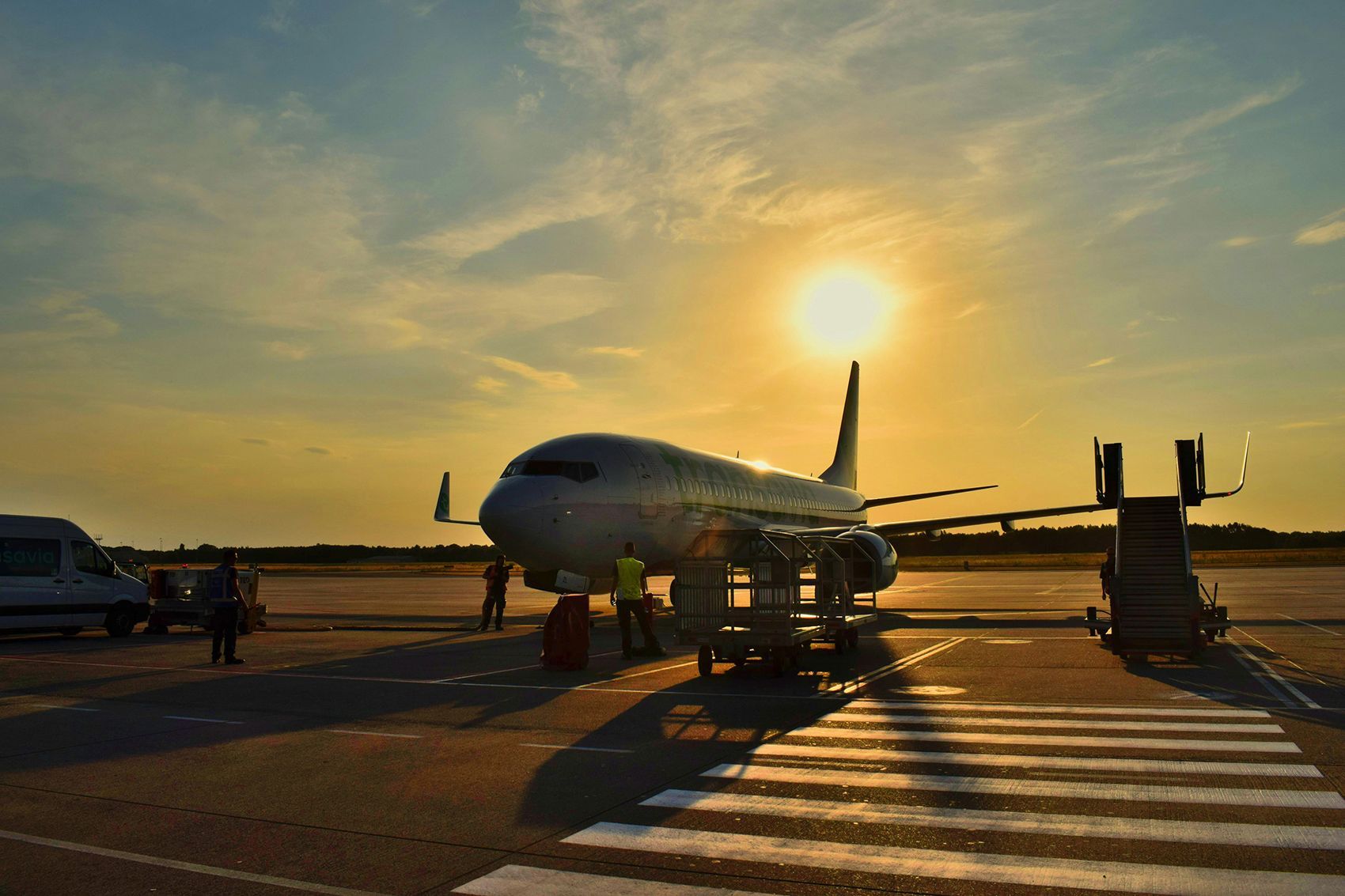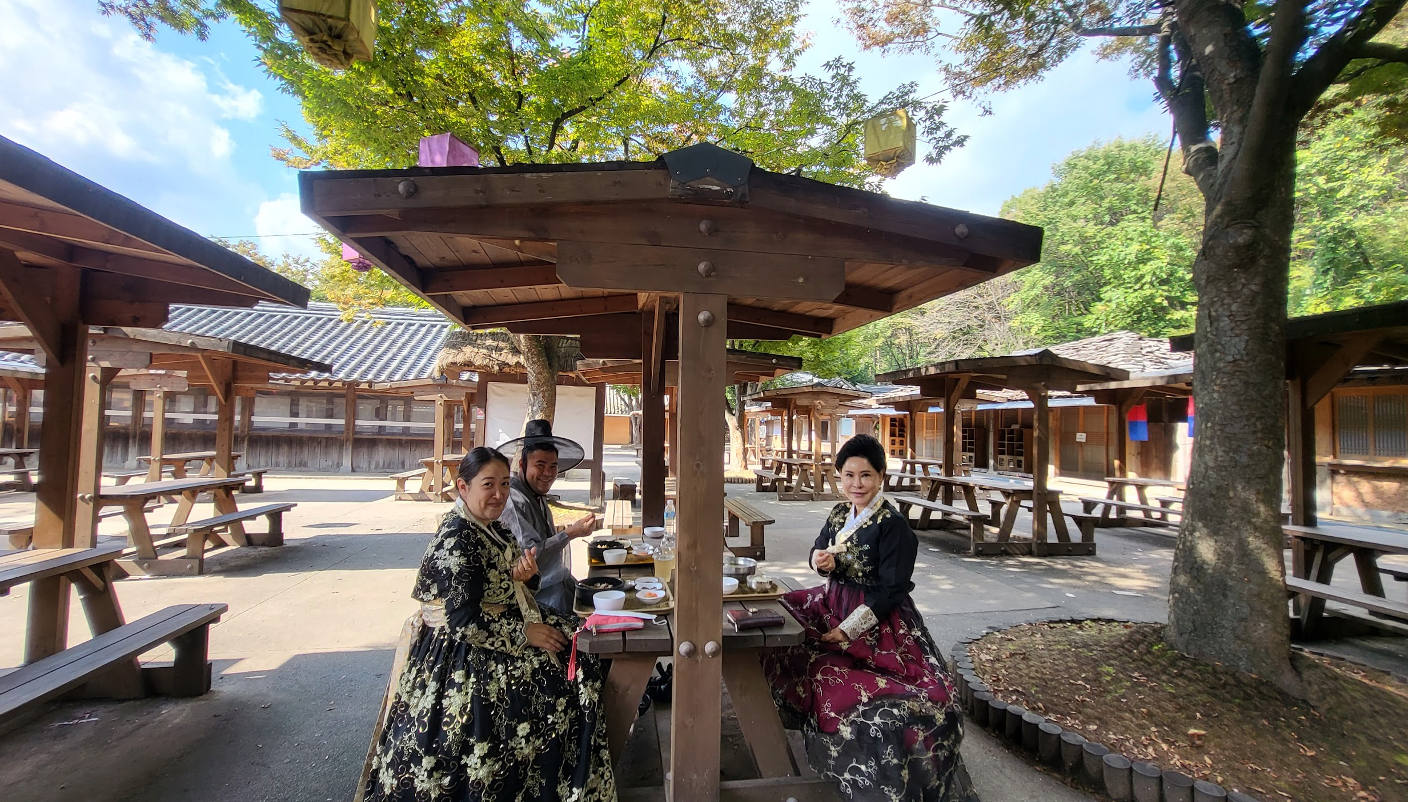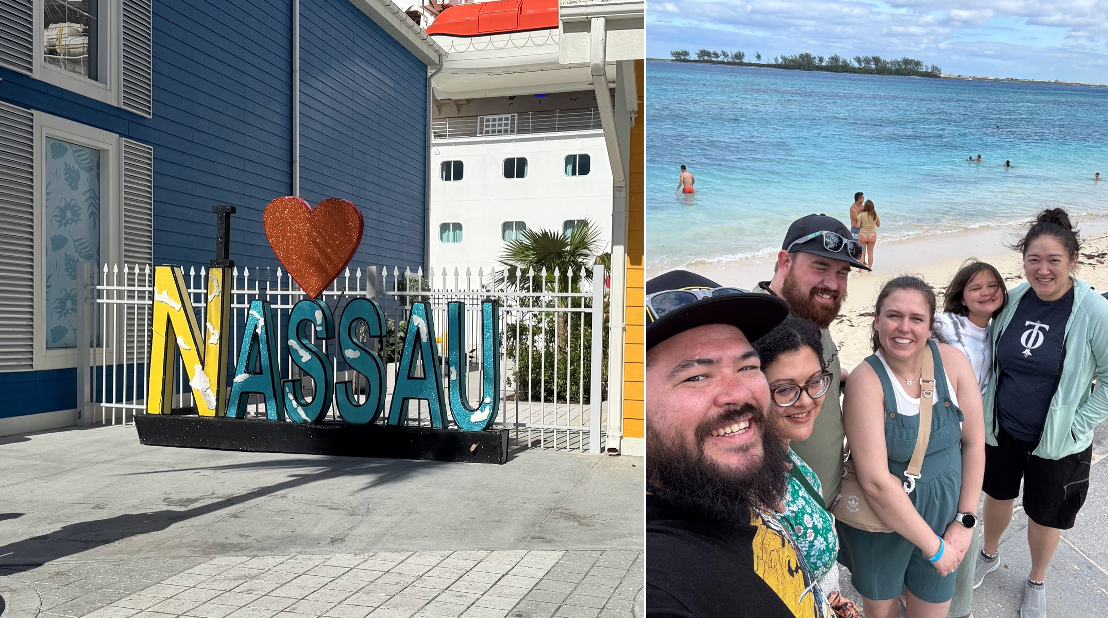Top 5 Mistakes First-Time Travelers Make (and How to Avoid Them)
Your first big trip is a milestone. The excitement, planning, and anticipation all build toward something unforgettable. But as with anything new, it is easy to get tripped up by small oversights that can turn into big problems. The good news? Most first-time travel mistakes are easy to avoid with the right preparation.
Here are five of the most common missteps new travelers make, what can go wrong, and how to keep your trip smooth, safe, and enjoyable.
1. Overpacking
Packing too much is one of the first things new travelers tend to do. It feels safer to be prepared for everything, but it usually backfires. You end up hauling around heavy luggage, paying extra baggage fees, and still forgetting the one thing you actually needed.
What can go wrong:
- Your bag might be overweight, costing you unexpected airline fees.
- Navigating public transport or cobblestone streets becomes difficult with bulky luggage.
- You will likely wear only a few favorite outfits and ignore the rest.
- Overpacking can lead to disorganization, making it hard to find what you need on the go.
How to avoid it:
- Choose versatile pieces that can be layered and worn in different combinations.
- Use packing cubes to keep your items organized and limit space.
- Bring only what you need for the weather and activities planned.
- Leave room in your bag for souvenirs or things you pick up along the way.
2. Not Researching the Destination
Flying blind into a new country can lead to awkward situations or missed opportunities. Every destination has its own cultural norms, common scams, and transportation quirks. Knowing a little ahead of time helps you travel more smoothly and respectfully.
What can go wrong:
- You may unintentionally offend locals, violate customs, or break laws that you were unaware of.
- You could overpay for transportation, food, or services simply due to lack of information.
- You might miss important local events, must-try foods, or hidden gems.
- Language barriers can make simple tasks like ordering food or asking directions difficult.
How to avoid it:
- Spend time researching your destination’s culture, etiquette, and basic language.
- Learn how people get around and what scams tourists should watch for.
- Download apps that help with currency conversion, language translation, and offline maps.
- Follow a few local travel bloggers or YouTube creators for insider advice.
3. Overloading the Itinerary
When you are excited about a new place, it is tempting to schedule every minute. But packing in too much can leave you stressed, tired, and unable to enjoy the moment. Some of the best travel memories come from the unplanned experiences that happen in between.
What can go wrong:
- You could burn out quickly and lose energy halfway through the trip.
- Rushing between attractions means less time to actually enjoy them.
- Delays or weather changes can throw off your entire schedule.
- You might miss out on spontaneous moments that could have made the trip even better.
How to avoid it:
- Choose one or two top priorities each day instead of scheduling every hour.
- Allow time to relax, explore, or stumble onto something unexpected.
- Leave open space in your itinerary for slower mornings or surprise discoveries.
- Focus on creating a meaningful experience, not just checking boxes.
4. Ignoring Travel Insurance
Travel insurance may not seem exciting, but it can save you from major problems down the road. First-time travelers often skip it to save money, but the cost of a delay, emergency, or canceled trip without coverage can be far more expensive.
What can go wrong:
- A delayed flight could cause you to miss a tour or hotel booking without a refund.
- A medical issue abroad might not be covered by your regular insurance, leaving you with huge bills.
- Lost or delayed luggage could mean replacing everything at your own expense.
- Natural disasters, strikes, or political unrest could force you to cancel or reroute your trip.
How to avoid it:
- Purchase a travel insurance policy that includes medical coverage, cancellation protection, and baggage support.
- Review the policy carefully to understand what is included.
- Save both digital and printed copies of your insurance details in case of emergencies.
- Check if your credit card offers any built-in coverage as a cardholder benefit.
5. Forgetting to Check Travel Documents
Passports, visas, and travel authorizations are the foundation of international travel. Many new travelers assume that if their passport is valid, they are good to go - but there is often more to it than that.
What can go wrong:
- Some countries require that your passport be valid for at least six months after your travel dates.
- You may need a visa even for short stays, and applying too late can result in denied boarding.
- A few countries require transit visas even if you never leave the airport during a layover.
- Others require an online registration form, health clearance, or arrival card to be completed in advance.
How to avoid it:
- Check your passport’s expiration date at least three months before your trip.
- Research visa and entry requirements for every country on your itinerary, including layovers.
- Complete any mandatory registrations like an ETA, embarkation card, or health form.
- Print and carry backup copies of all key documents, and store them separately from the originals.
Final Thoughts
Traveling for the first time is a learning experience, and it is okay to make a few mistakes along the way. By avoiding these common pitfalls, you will set yourself up for a smoother and more enjoyable trip.
Whether you are planning your first adventure or your fiftieth, I am here to help you navigate the process and create a trip you will never forget. Ready to start planning? Let’s chat!







